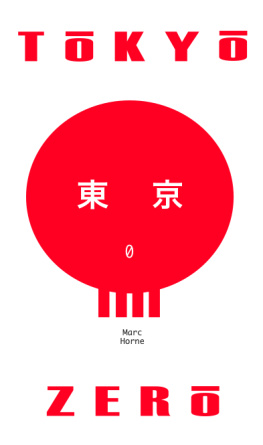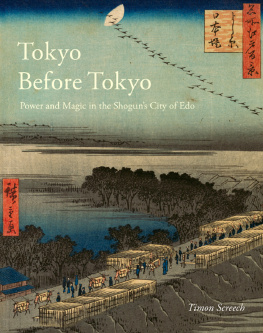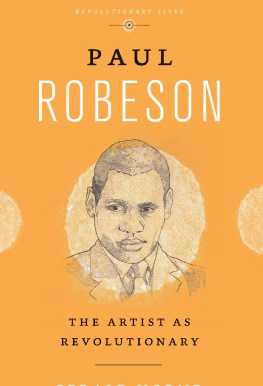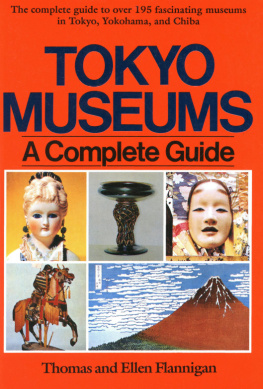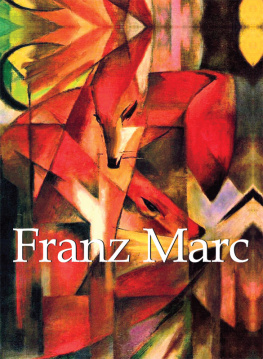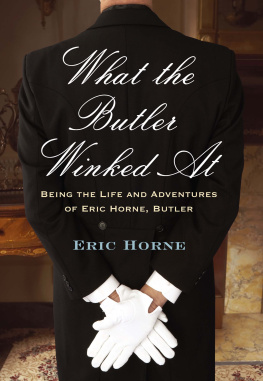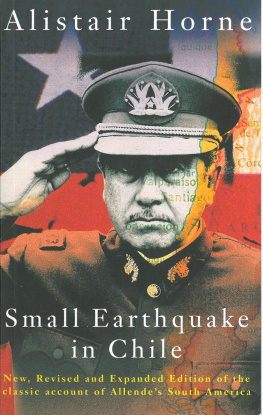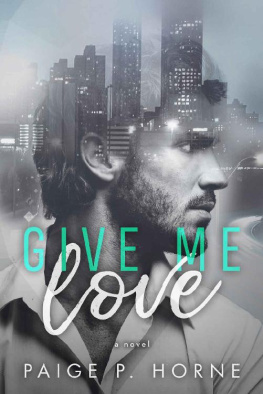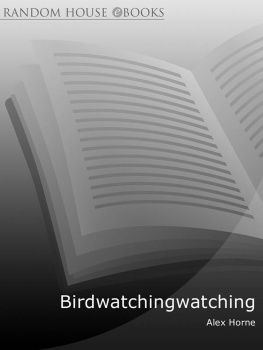Marc Horne - Tokyo Zero
Here you can read online Marc Horne - Tokyo Zero full text of the book (entire story) in english for free. Download pdf and epub, get meaning, cover and reviews about this ebook. year: 2007, publisher: CreateSpace, genre: Detective and thriller. Description of the work, (preface) as well as reviews are available. Best literature library LitArk.com created for fans of good reading and offers a wide selection of genres:
Romance novel
Science fiction
Adventure
Detective
Science
History
Home and family
Prose
Art
Politics
Computer
Non-fiction
Religion
Business
Children
Humor
Choose a favorite category and find really read worthwhile books. Enjoy immersion in the world of imagination, feel the emotions of the characters or learn something new for yourself, make an fascinating discovery.
- Book:Tokyo Zero
- Author:
- Publisher:CreateSpace
- Genre:
- Year:2007
- Rating:3 / 5
- Favourites:Add to favourites
- Your mark:
- 60
- 1
- 2
- 3
- 4
- 5
Tokyo Zero: summary, description and annotation
We offer to read an annotation, description, summary or preface (depends on what the author of the book "Tokyo Zero" wrote himself). If you haven't found the necessary information about the book — write in the comments, we will try to find it.
Tokyo Zero — read online for free the complete book (whole text) full work
Below is the text of the book, divided by pages. System saving the place of the last page read, allows you to conveniently read the book "Tokyo Zero" online for free, without having to search again every time where you left off. Put a bookmark, and you can go to the page where you finished reading at any time.
Font size:
Interval:
Bookmark:


Published: 2004
Tag(s): thriller "science fiction" "fiction" "Post-1930""Creative Commons"
This work is licensed under the Creative CommonsAttribution-NoDerivs-NonCommercial License. To view a copy of thislicense, visit http://creativecommons.org/licenses/by-nd-nc/1.0/ orsend a letter to Creative Commons, 559 Nathan Abbott Way, Stanford,California 94305, USA.
Author contact: marcjhorne@gmail.com | twitter.com/mrchrn
For Emily
Japanese policemen's guns are small and sort of puny. Exceptwhen they are shooting at you. Right now, they are shooting at meand my companion and we are running scared. The Policemen's shotsare a little tentative, like someone picking chewing gum out oftheir hair. In fairness to the police, I should mention that we arein Shinjuku station, the world's busiest. Currently it is occupiedby oh, I don't know 2.5 Lichtensteins. I am on average 4 inchestaller than those around me, and a crucial 4 inches to boot, so asI barge through the crowd, hurting everyone, I must remember tocrouch. To help me remember this, I visualize two things: the cloththat hangs in front of every drinking establishment in this countryand those photos of JFK's autopsy that my father and I discussedover breakfast in 1977.
Running next to me, in full flush of his compact masculinity isTakeshi Honda, ex-military. Now, if I were a Takeshi Honda in ablue suit in these circumstances I would fall to the ground andupon standing be a sheep rather than a wolf and watch eventsthrough the TV glaze. However, Honda stays with me, pointing mehere and there, grabbing aggressive costumed Japan Railwaysemployees by the forehead and smashing them to pieces, remindingthem that it is not the peaked hats of the police that make usrun.
We skid past a "Let's Kiosk!" and I have never felt more likeaccepting its invitation. Yeah, let's kiosk anything but this.
The man behind the kiosk cannot believe his eyes: the crowdshave parted, firstly, and secondly a white man with his facecovered in blood and a salaryman with a soul are racing straight athim. If she were not such a traitor he would also see a mostaggressively attractive woman neck-to-neck, probably openly armed.But she is gone and I don't know if her beauty will aid or hinderher attempt to stay gone. When this is over, that will beinteresting to find out. If I see her on TV or if I never see heragain will be how I find out.
"Stop!" cry the cops in English, which I take personally. Thismakes me turn around. I see that things are over. Somehow theycoordinated the station like an army to part and create a longshooting range. They are skidding around a little at their end ofthe range as they get into position. The floor of this station isnecessarily one of the slickest surfaces known to man, polished byseveral million feet in predictable chaos daily. It is veined in apattern that would tell the anthropological programs of my father'sfuture much about the recently dead human race. The three policemenare about to shoot, as soon as they can stand, and even if oneaccidentally takes out the Kiosk man who is cowering behind driedsquid in front of us, that still leaves plenty of bullets forme.
The dried squid remind me of the enormous giant squid beneaththe oceans, sacs of amazing pressure and death power and darknesswho none the less have had no impact on my life.
The kiosk man drops.
The beginning is in at least four places.
1) Something unknown in my father's life
2) Mother's death at the hands of the Khmer Rouge.
3) When I got entangled with that girl, Claire
4) I somehow met the number-two man in one of those Japanesedeath cults.
But I choose to begin in the middle of things, or near the endof things. The crisis is when I will get started.
****
I arrived at Narita Airport, Tokyo's airport, on anexceptionally hot August day. I got off the British Airways jet,where they had not announced the temperature on the ground:presumably to prevent a panic amongst those like me who werebraving the Tokyo summer for the first time. In retrospect the crewwho "goodbyed" me out the door had the looks of parachuteinstructors rather than smartly dressed waitresses as they bundledme out the door.
So, suddenly I felt terrible. I felt like a victim that could bepicked by anyone. I was suddenly weak and confused because of theheat and also unexpectedly illiterate. I followed a long line ofpeople to a place where many things got stamped. It was the 1970sin Narita, but I could have sworn my watch said 2000. Maybe it wasjust 8 o'clock. What time was it anyway?
Stamped, pulling round in a bar with a $32 beer in front of me,I congratulated myself on my deep cover. For half an hour I hadeven fooled myself into thinking I was some harmless idiot, insteadof a member of an international conspiracy.
I took in my surroundings a little: I was in the most Western ofthe discreetly hidden dining facilities at the airport. Believe itor not, there is no McDonald's in Narita Airport. On arrival I hadbeen brought to this table with no words and very few and subtlegestures. There was some magnetism employed, the waitressinfluenced me in. Everyone was smoking Marlboro or Lark, a localbrand that mapped its county in the wrinkles of aging tough-guyactors from here or from there. All of the American men had thicksideburns and glossy tan leather jackets. They were strangelyquiet, by American standards. Did they feel out of place or tooacutely in place? When you are too much in place, people don't evenhave to look at you to know you and judge you.
Outside the planes continued to crash gently into the earth,harming nobody.
Narita Airport is, by the way, the dimmest airport in thecivilized world. Other airports have some kind of slow x-ray goingon with their harsh lighting but Narita is the smoking-room of thejet set. The basic color scheme is brown and black. The slickfloors lead you off into many dim dead ends. There is a cleaner, orsomeone else to stare at you, at the end of each of these. Thelevel of the floor there changes abruptly by a few feet every fewfeet. Cattle could never stampede through Narita Airport.
So, the man I was waiting for could well appear from nowhere. Inaddition, the description I had of him would be quite useful in AbuDabi but not in the Tokyo Tectoplex.
I thought it might be good to eat. I unfolded a largeillustrated menu. 20 illustrations of the top of some steaming bowlof noodles and one of crab and chips. I took a few moments to tryand distinguish something uniquely appetizing about at least one ofthe noodle bowls, but it was escaping me white noise food.
Then he came into the room: Sato Yosuke. Killer. Uglyfucker.
He had a haircut that everyone would describe differently whendescribing it to the police some months later. For my part, I wouldcompare it to a helmet made from a lacquered tree trunk. Thenbeneath it was something like Roy Orbison just as the obituariescame out. The enormous dark glasses looked like a disguise, but mayhave been a concession to the shallow aesthetic judgments ofsociety. In addition he was wearing a "Carlos the Jackal" stylesafari jacket.
I had briefly met Carlos the Jackal in my youth. He was passingthrough London for the first of one of his interminablearse-related operations and my father's good friend was taking careof it. I was 9 at the time and had not yet fully worked out whatwas driving Dad. It was three years after Mum had died and the onlything you could really say about Dad at that time was that he hadtoo many friends and too many of them were famous for too much ofsomething. Dad's friend was famous for the extremity of his viewson children's human rights. He basically felt that the words humanand child had strong internal contradictions. He was the brother ofcosmetic surgeon and would-be computer scientist Dr Cranwell Blytheand hence uncle of Claire Blythe, whom I would fall in love withand learn much from.
Font size:
Interval:
Bookmark:
Similar books «Tokyo Zero»
Look at similar books to Tokyo Zero. We have selected literature similar in name and meaning in the hope of providing readers with more options to find new, interesting, not yet read works.
Discussion, reviews of the book Tokyo Zero and just readers' own opinions. Leave your comments, write what you think about the work, its meaning or the main characters. Specify what exactly you liked and what you didn't like, and why you think so.

